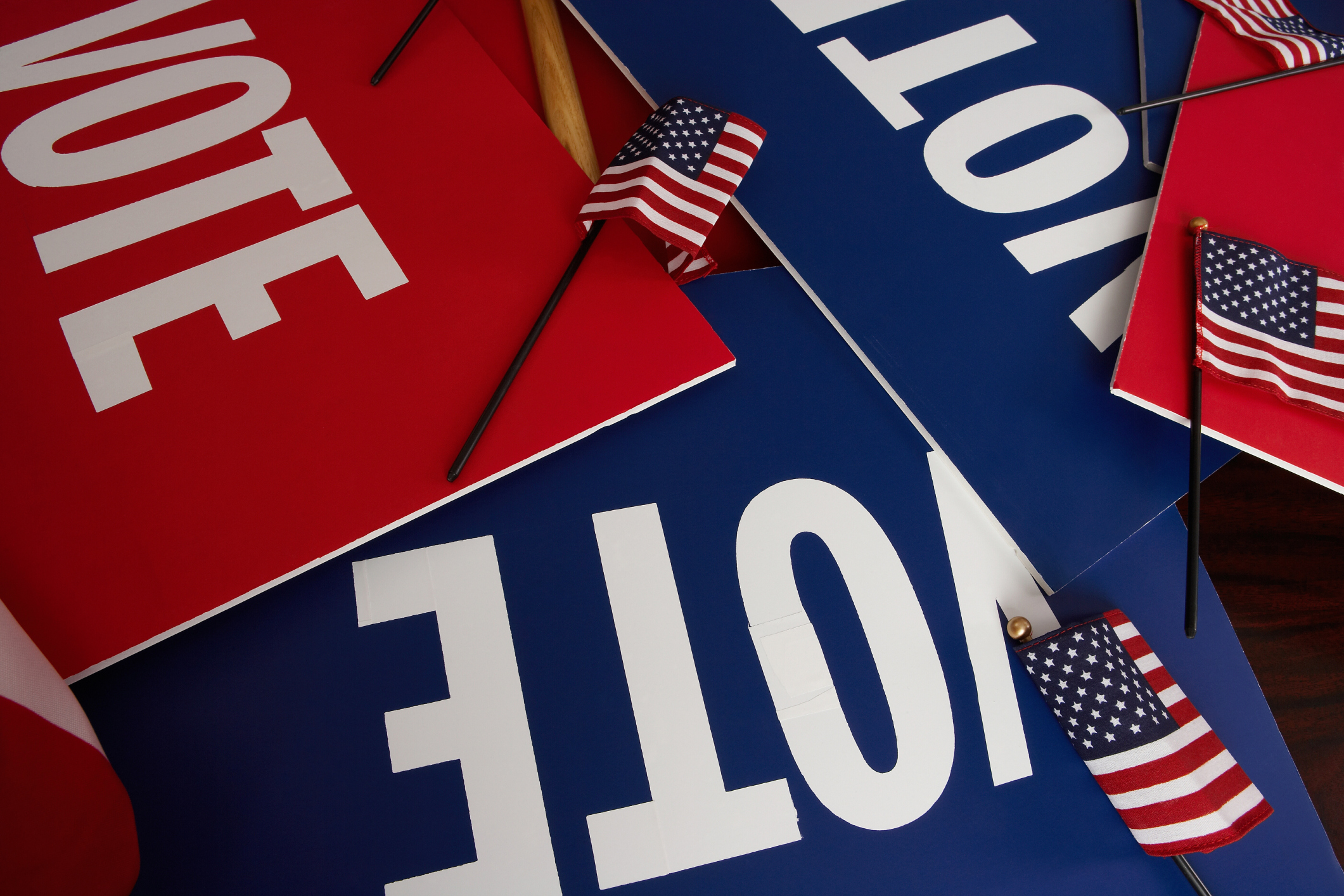As the 2020 U.S. presidential election approaches, the country prepares for a time of change and transition. But with election day drawing nearer, it's important to remember the impact that voting can have on the outcome of an election.

At the core of democracy is the right to vote. Every citizen of a democratic country has the right to express their opinion, and this right is most commonly exercised through the act of voting. It is the most powerful tool that we, as citizens, have to shape the future of our country.
In recent years, the importance of voting has been underscored through various conversations, campaigns, and initiatives. In particular, the 2020 U.S. presidential election has already seen record-breaking numbers of early voters, indicating a heightened sense of urgency and motivation among the electorate.
But why is voting so important? And what are some of the consequences of not voting?
One of the most significant impacts of voting lies in the fact that it helps to shape public policy. When we vote for our elected officials, we are effectively selecting those who will make decisions on our behalf. This includes decisions related to everything from healthcare and education to taxes and immigration.
Not voting, on the other hand, can lead to the proliferation of policies that do not accurately represent the views and interests of the majority of the populace. This can lead to a stark divide between the actions of the government and the needs of its citizens.
Voting also helps to ensure that diverse voices are heard. In a democracy, we have a duty to represent the views and interests of all our fellow citizens. By voting, we can ensure that this goal remains a reality, and that all people, regardless of their race, class, or background, are represented in the halls of power.
In addition to these impacts, voting has other concrete consequences, as well. For example, a higher voter turnout translates to greater legitimacy for elected officials, as they can claim to have won a mandate from a larger portion of the electorate.
On the other hand, low voter turnout can lead to criticism and skepticism regarding the legitimacy of an election. This can breed a sense of dissatisfaction and mistrust in the government, and can ultimately lead to a weakening of democracy as an institution.
But despite the many benefits of voting, there are still those who choose not to exercise their right to vote. There are a variety of reasons for this, ranging from a lack of trust in the political system to a sense of apathy or disinterest.
This is a dangerous position to take, as it can ultimately lead to the marginalization of certain groups, and can result in policies that do not accurately reflect the needs and desires of the populace.
In order to encourage higher voter turnout, it's important for each of us to take an active role in promoting civic engagement. This can be done through a variety of avenues, including volunteering, canvassing, and otherwise helping to turn out the vote.
In addition, it's important to remember that voting is not just a one-time event. Instead, it is a long-term commitment to the ideals of democracy, and a recognition of the importance of active civic engagement.
As citizens, we must be willing to take responsibility for the direction of our country. We must be willing to vote, to hold our elected officials accountable, and to work towards a better future for all members of our society.
In the end, the impact of voting on elections cannot be overstated. It is through our collective efforts that we can shape the future of our country and ensure that our democracy remains strong and vibrant for generations to come.